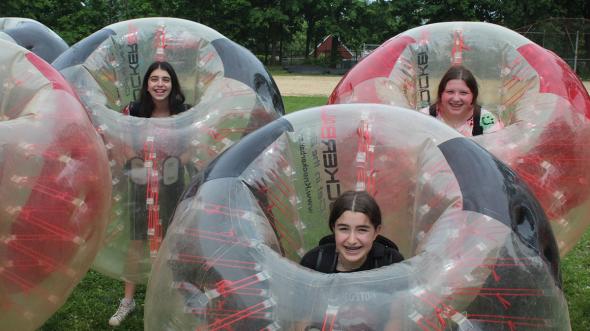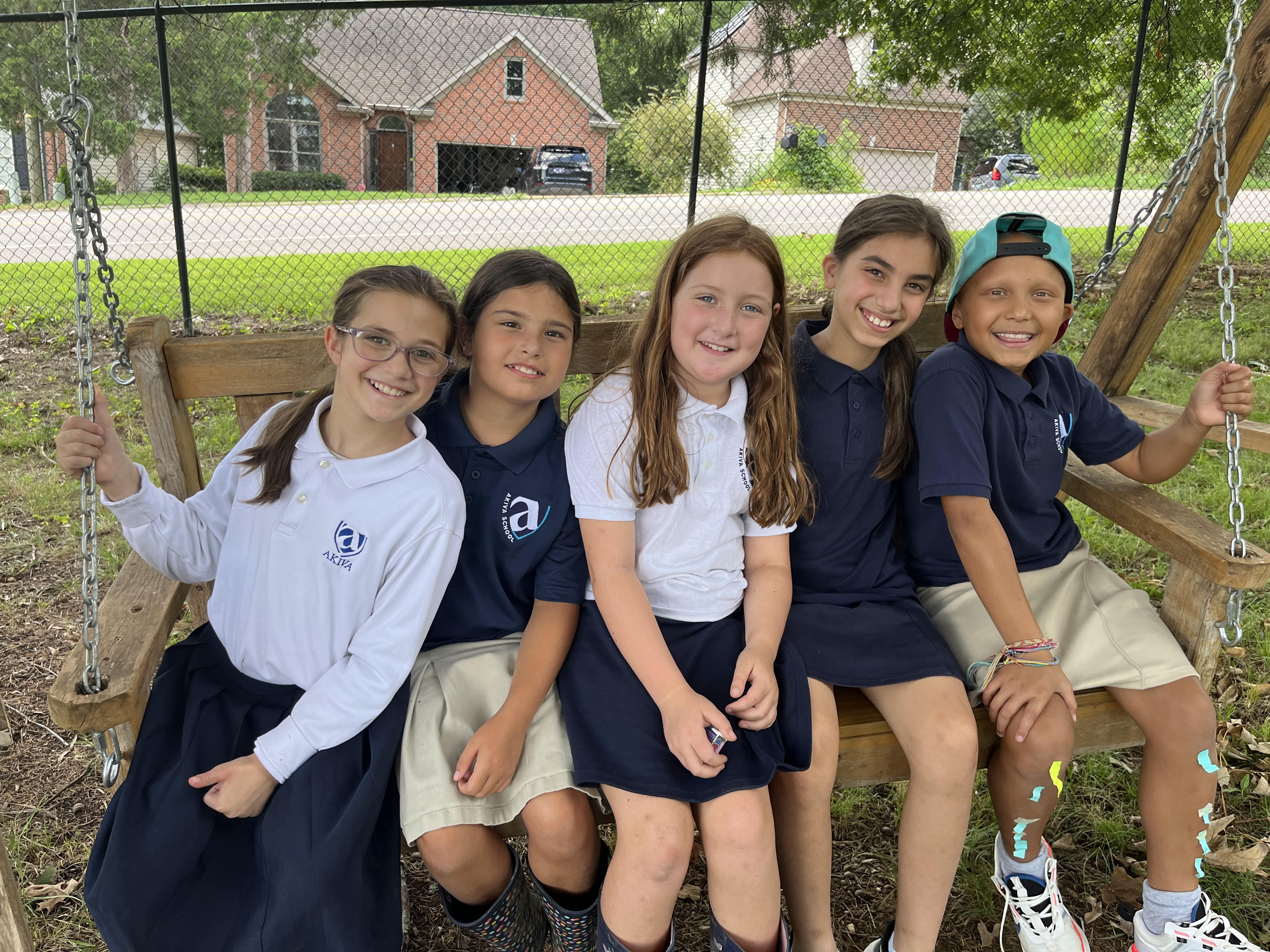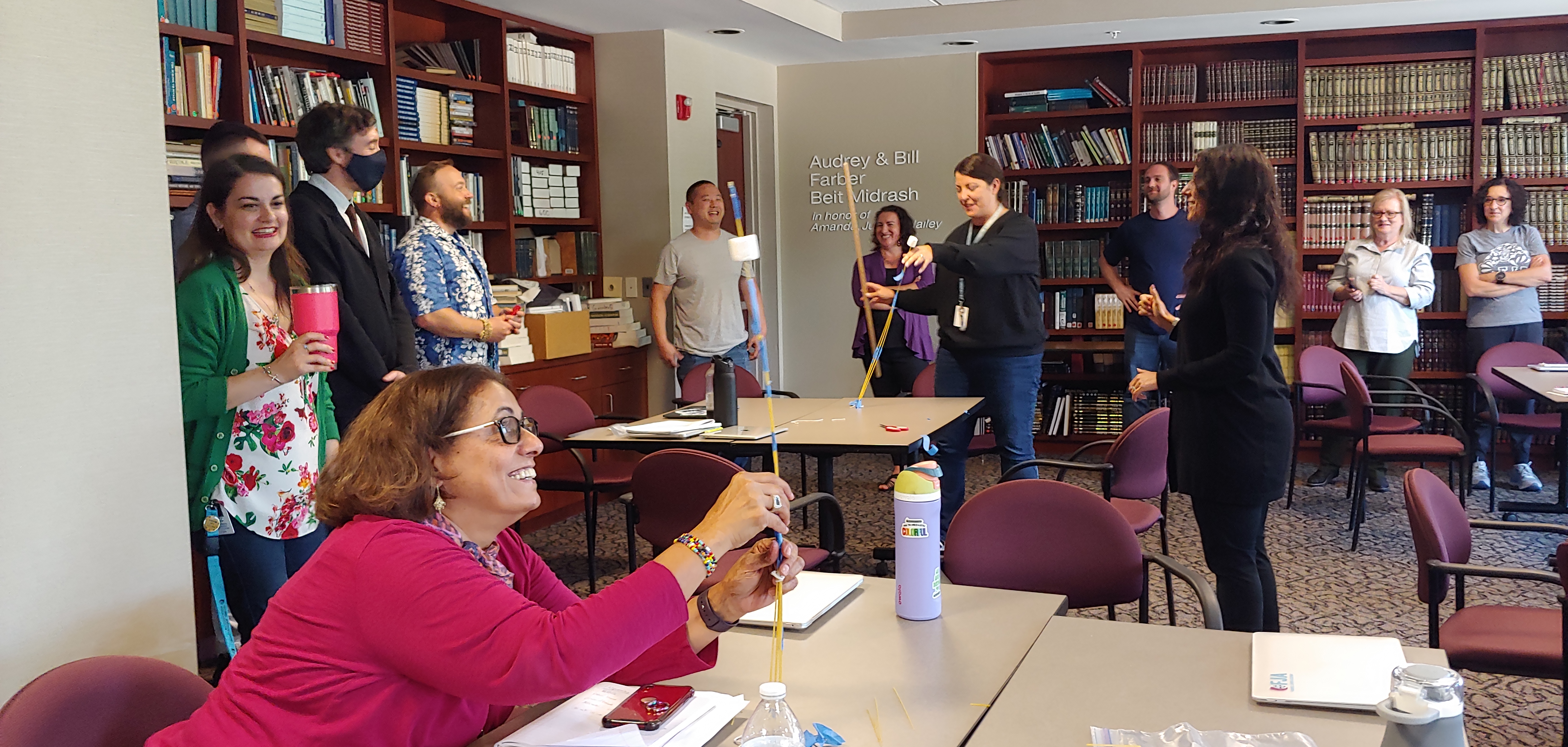Teaching Each According to Their Own Way
Rabbi Elliot Hecht
Principal, HANC Middle School, Uniondale, New York
When I think about our yeshiva, the Hebrew Academy of Nassau County’s greatest value, the first thing that comes to my mind is how we treat each individual. This applies to students, academic faculty, non-academic faculty, support staff and parents. Our motto is: Chanoch le-na‘ar al-pi darko, which means: Teach each child according to his own way (Mishlei/Proverbs 22:6).
When we educate, we do not just educate a grade or even a class. We individualize the instruction and tailor it to the needs of each student. We make sure that each student is able to be successful. We open pathways for that success. If we see that a student is struggling with a particular concept, we work with them until they can understand. If the student is excelling, we challenge them to go even further.
This individualization applies not only to curricular areas. We are a nursery-12th grade school that looks different at different age levels. For example, in our high school we continue to look at our extracurricular offerings and see what we can add to meet the needs and interests of our students. Some years, band may be of particular interest; in others, it is dance or Chidon HaTanakh. In order to best service our students, we need to offer activities that interest them.
This individualization extends to the parent body as well. Each parent gives us their most precious commodity, and we don’t take that lightly. Each parent has distinct needs in terms of how they want us to approach their son or daughter. We have a certain standard that we uphold; how we achieve it is individualized to the family. When parents call anyone of the HANC team, they know they are going to get a call back almost immediately. I have often heard from parents that they are amazed that they feel they have just hung up the phone or just pressed “send” and they are already getting a response. Not only is the response fast but it is unique to each parent and child’s situation.
Another one of our greatest values is NOP, which stands for New Opportunities Program. This program is for students who join our school from public school. Over the years we have heard from countless individuals that if not for our yeshiva, they would not have been able to get a Jewish education. It is so hard for someone who wants to transfer in from public school. Even though they have the motivation, they lack the skills that other students have who have been in yeshiva since they were young. In NOP, they learn the basics that allow them to join the mainstream classes in just one year, in most cases. This is another way that we individualize. In fact, for this year’s middle school graduation, the students were asked what their best memory of their experience was. One of the students said that it was his first day, because he got to learn Torah for the first time in his life.
HANC’s greatest value is our ability to work with each individual and help them become the best person they can be.









